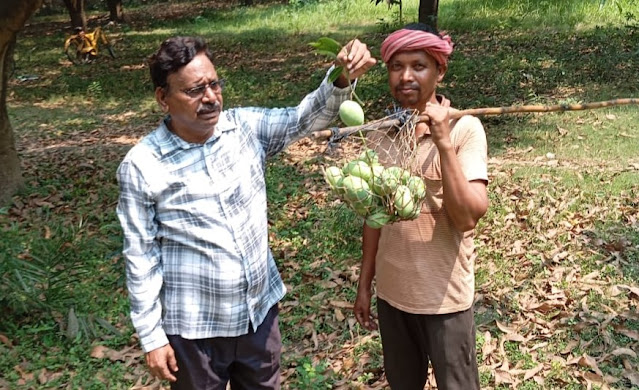Due to decades of over-extraction, more than 40 percent of unions in High Barind, an already water-stressed region of Bangladesh, are experiencing severe depletion of groundwater, says a recent study. While climate change is impacting on the aquifer recharge, the study says, the depleting areas, spread across three districts of Rajshahi, Chapainawabganj, and Naogaon, are expanding, limiting people’s access to water for both drinking and irrigation. Hired by the Water Resources Planning Organisation (WARPO), the Institute of Water Modeling (IWM) conducted the study titled 'Hydrological investigation and modeling of the state of the surface and groundwater resources in the High Barind region’. Beginning in 2018, the study works completed with WARPO approving the draft final report on June 25, 2023, says Md Rezaul Maksud Jahedi, director general of WARPO. The final report is likely to be published in August, he said. The figure shows the dry season groundwater situation in the High Ba...




